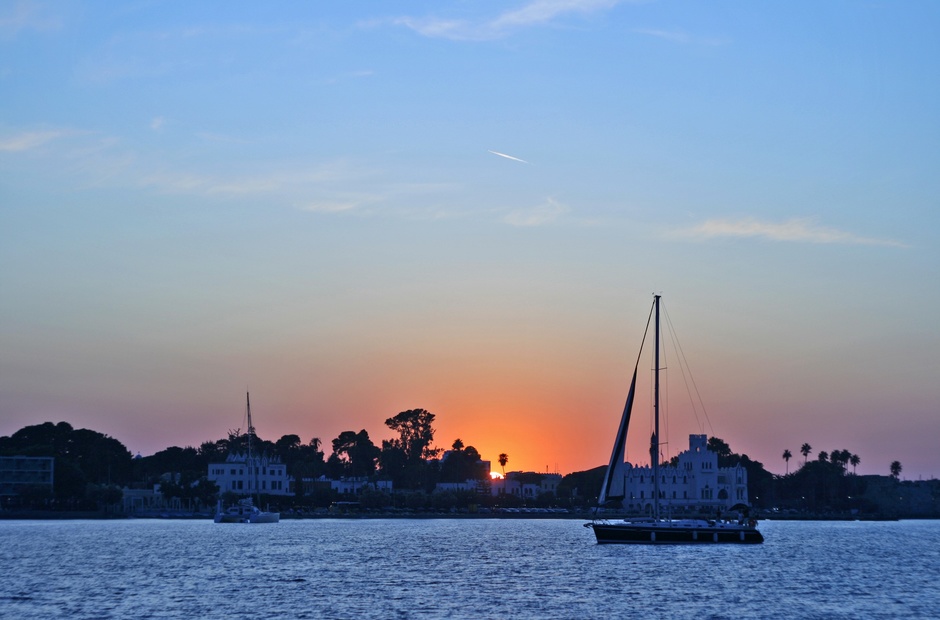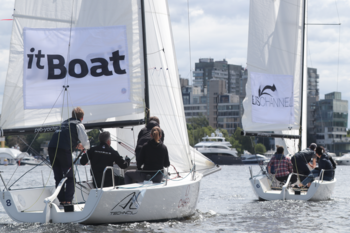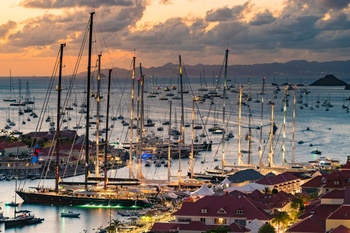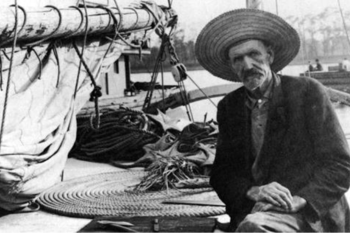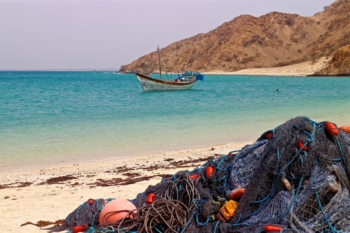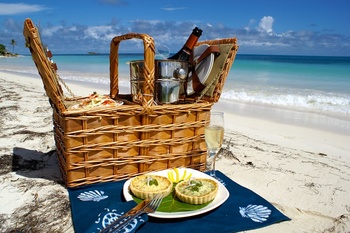«Keep your course on that big pile over there,"»said the skipper and handed the steering wheel. The wave was throwing the boat up and it seemed like it was something magical to drive. «The big pile» turned out to be the island of Nisyros, the place where the active volcano heats all the water underground to 70 degrees. At that moment, these fascinating details were of little concern to me. The main thing was the process: to hold the steering wheel and watch the wave and wind closely. Basically, in silent weather the autopilot could easily cope with a task, but the skipper entertained passengers and gave to drive.
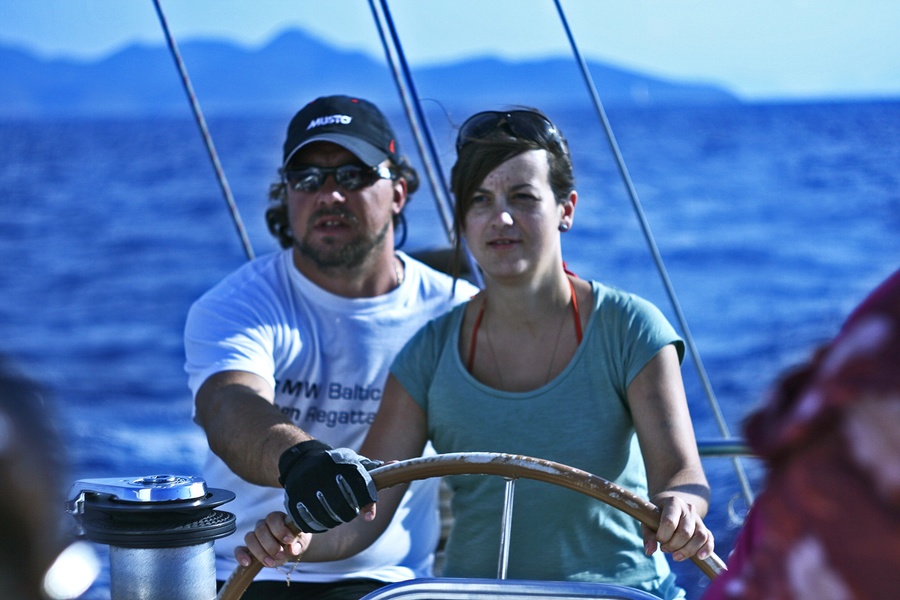
For the one who stood at the helm, time would stop. There seemed to be no better way to become one with the incredible elements.
A working trip to Greece was not just a boring round-table conference. According to the program for journalists planned a small four-day regatta with the route Rhodes - Simi - Kos - Nisiros -
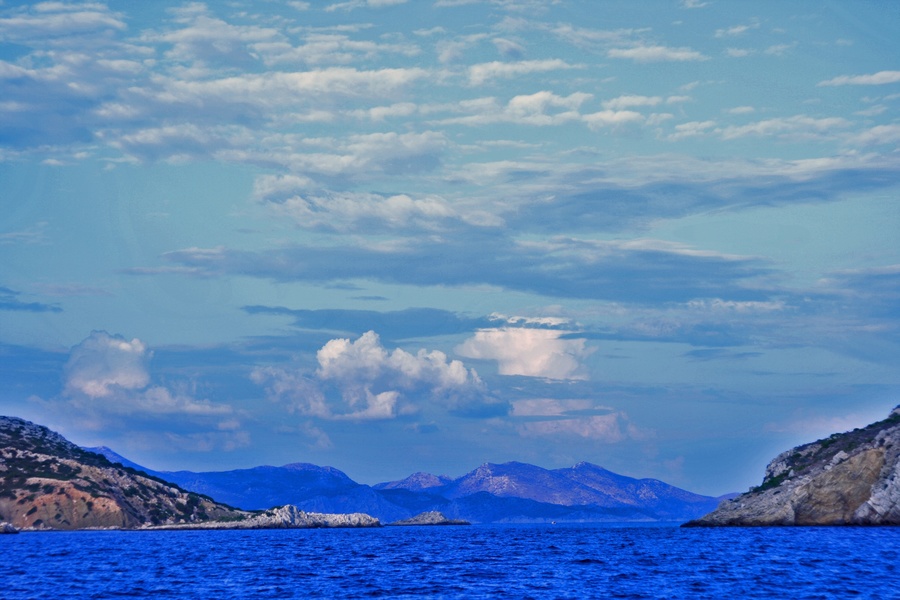
This first sailing trip changed everything. When I saw the city of Rhodes on the horizon and had an hour and a half to go until the end of the adventure, I was seized by a feeling of despair: it seemed that I would never again be able to see such boundless space and reach the special level of freedom that you get when you control the shell in the middle «of the big» water. So before I went ashore, I realized that it was time to look for ways to go back. The skipper readily shared his way of obtaining the yachting rights. Theory and practice, everything is simple and complicated at the same time. I did a quick calculation: there should be enough money for the theory, but there is still time to live to practice. In winter, few people go to take their exams under sail.
«Why do you need a yacht license if you can't even drive a car?»
This question was asked by everybody around. Someone laughed,
Lesson #1. Do not waste your strength when circumstances are unfavorable.
When I doubted whether I had enough physical strength to pull the right school, I heard the advice: Do not «pull when the wind interferes, even very strong people can not cope with it. You only need to pull the rope at a convenient and successful moment, then you do not have to put any effort . Really - how much not to argue with the bosses, it will be right, how much not to achieve the result, but in unfavourable circumstances do not wait for the result.
Only at the right time and in the right place can one become a winner.
Lesson number 2. It is important who you are and not who you want to seem.
A cap, sunglasses, inflatable jacket and topsides turn a mid-level manager into a sea-soaked traveller in one moment. Whoever you are on the beach, there, in the sea, very different roles and tasks. On board all the pontoons and beautiful stories are quickly tested with practice. When I took the internship, there were people from very different backgrounds among the flotilla participants: middle income employees, students, top managers of companies, owners of small businesses and even a senior official. As a result, they all left their regalia on the shore, because when working with schools and sails, all past achievements were not important and even useless. More valuable was the
Difficulties in communication disappeared after a storm of us all eight hours in a row equally hard rinse. no one else considered himself better than the other.
The sea has redistributed the importance of people
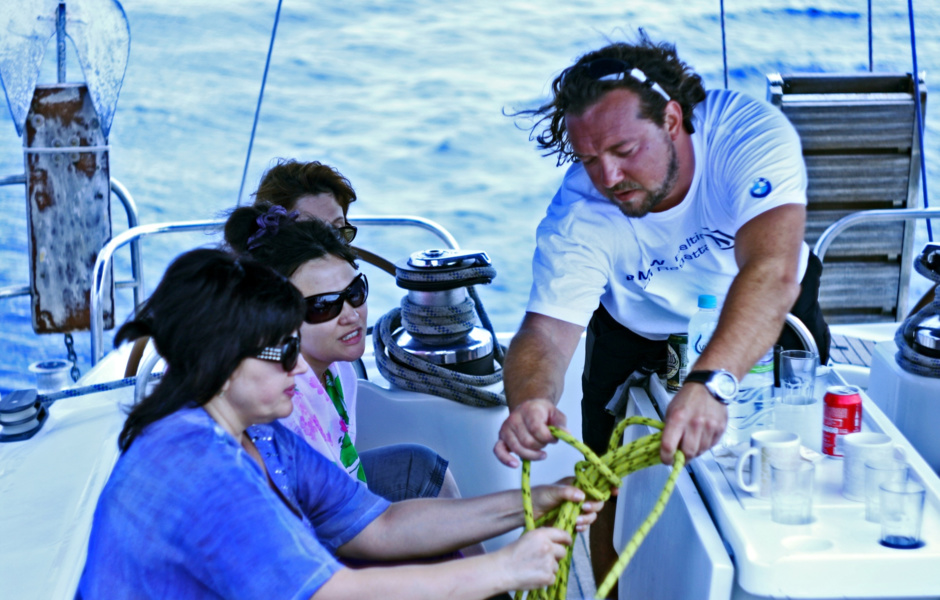
Such a practical approach is especially appreciated by
In our realities, you often fall prey to impressions from the installation or stories from PR and journalists, and this is a distorted reality. Facing the harsh elements very quickly sobers up and shows the true face of any inflated story.
Lesson 3. Assume the worst outcome.
Today's fashionable positive approach to events does not help much at sea. It's the other way around. It's» better to forget the phrase«. Wonderful will be those who are prudent and cautious.
Wisdom of the sea: all doubts are treated for the worse.
As soon as it seemed that the rope will untie - urgently go to correct it, believe me, feelings do not deceive you. In a usual land life we often do not have time to make a straw because we do not know about this rule. The main property of the sea is that it paradoxically brings us back to the solid ground, teaches us to look at the world more realistically and evaluate people.
To sail successfully, one has to master a million nuances and wisdoms that change habits, make us more attentive and trust ourselves. Even if you've taken everything into account,
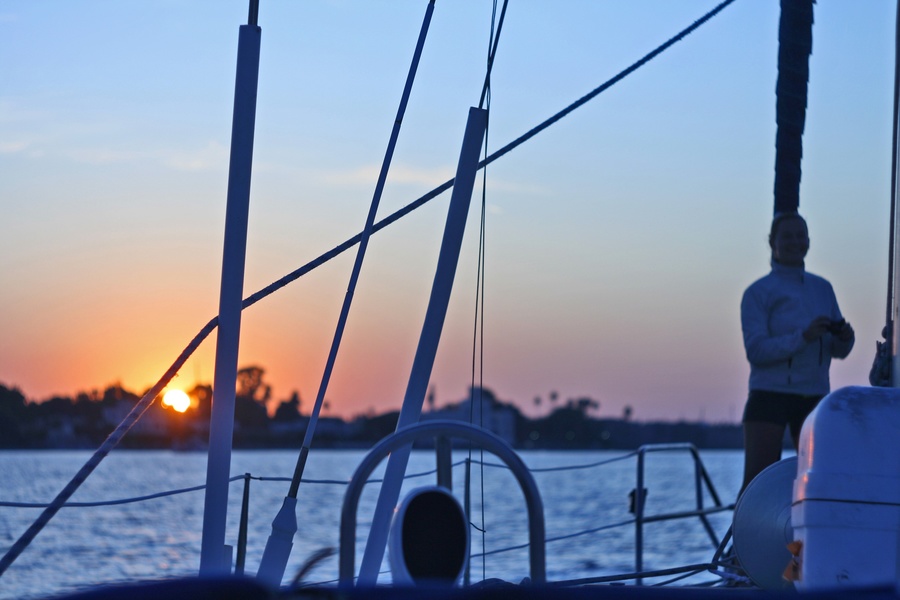
Epilogue
I got my yachting license seven years ago. I can't say that we can sail the oceans and seas every month, but at least once a year we gather with close friends and go to sea. It is an important tradition and - I will say more - a necessity for mental health. Both at me, and at many acquaintances work can proceed and remotely, so only the sea can take away from hands the computer. I myself always wait for my phone and social networks so that no one can pull at an inconvenient moment.
In the last three years, the number of people I know who've ever been on board a sailboat has increased dramatically. More and more people are giving up their traditional beach holidays in favour of sailing. I think the popularity of yachting will only grow further.


